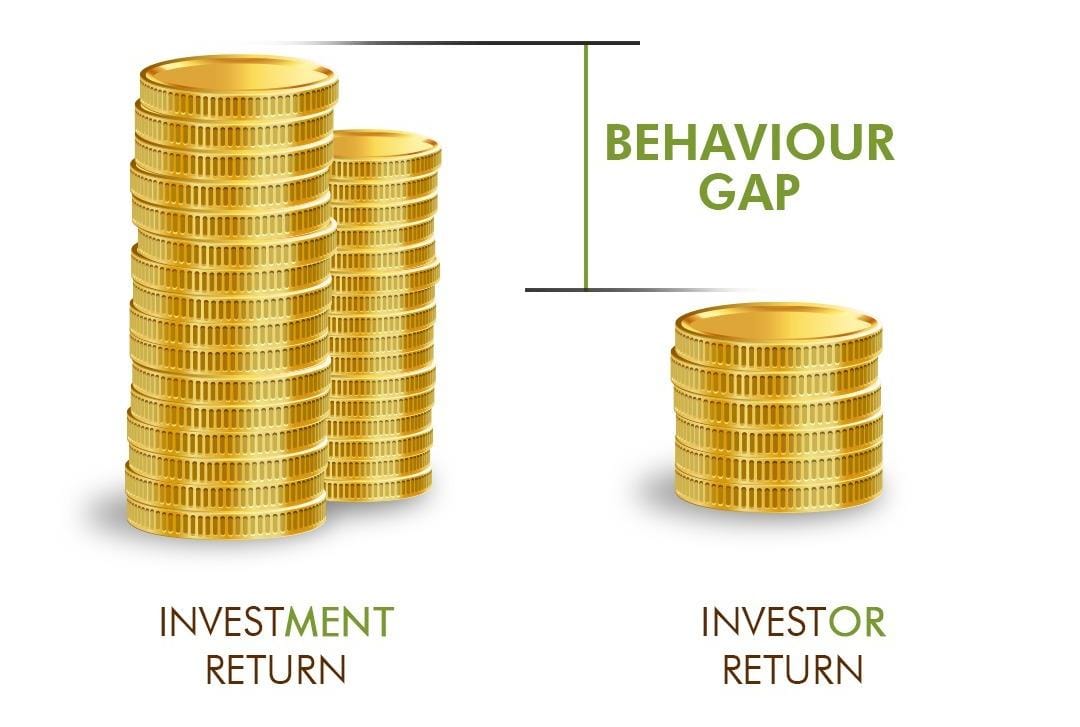The Covid pandemic made us realise the fragile nature of our lives. It has changed us in more ways than we can imagine. It has also made us think of our plans in face of uncertainties of not just income but also of our lives. The need for estate planning and succession plans was also felt by many. Not surprisingly, Will writing saw a significant rise during this period. To look at it differently, it perhaps took a pandemic for people to realise the importance of having a Will and to ensure that it is kept up to date. In this context, we shall talk about the importance, benefits of writing a Will and the consequences of not doing so. We shall try and avoid getting too technical or using legal terms here and instead focus more on the context and encourage you to learn more about it at the end.
Who should have a Will
If you are wondering if you really need a Will or not, let us ask two questions – are you an adult with a sound mind? If the answer is yes, you should be eligible to write a Will. Next, do you have any of the following:
- Savings, investments, bank accounts, etc.
- Own business /share in a business
- Own property, movable or immovable assets, jewellery, etc.
- Insurance policy
- Children
- Any dependent parents, relatives /siblings, etc.
If the answer to any of the above is yes, then you “must” have a will. Period. There is a myth that a Will is only required by wealthy people or people who have huge assets or businesses. This is a complete misconception and in fact, a Will should be prepared by any person who falls in our criteria, irrespective of the quantum of savings or wealth you have. In fact, even if you do not have any of the above but you do have any wishes, owe any money to anyone, any last desires as to how you should be cremated or any such wish, a ‘will’ document should be on your agenda. There is also a myth that the appointment of nominees is sufficient and then there is no need for a will. Please know that in most cases, nominees are just trustees, custodians of assets to be distributed to legal heirs – who can be either chosen in the Will or as per law. They may only be entitled to receive the amount /asset but are not entitled to own it.
https://ghanchiinvest.com/biggest-wealth-concerns-individuals-and-couples-face/
What is a Will?
Simply put, the Will or ‘Vasiyat’ or a ‘Testament’ is a legal document that communicates a person’s last wishes specified before death. This can be a confidential document kept with a trusted person and which shall be made known post your death. It can be made to cover a lot of things, including but not limited to the following.
- How your own assets /properties /possessions will be distributed and/or handled
- How any minor children /dependents on you should be taken care of (guardian)
- How the share of minors will be handled till they become adults
- Any liabilities you have and how to settle the same. Also, include details of debt owed to you.
- Any wishes on how you should be cremated /last rites held
- Any wishes you have which can be carried out by your family
- Record all your assets, liabilities, etc at a single place ensuring nothing is missed by family
- Residual clause to manage asset left out
- Share details of key persons who manage your affairs
- Appointment of an Executor to administer the estate (management of all accounts and affairs)
Benefits of Writing a Will
There are many benefits of writing a Will and a lot will depend on how well you draft it. The main benefits can be as follows…
- Distribution /administration of your wealth /property as per your own wishes and not as per law.
- Smooth, faster and cheaper way to settle/distribute your estate.
- Avoid legal hassles, paperwork in difficult times. Quick settlement also helps ease financial troubles.
- Add a beneficiary who would have never been covered under the law. Note that a father is not amongst the first class of people to receive estate under Hindu Succession Act!
- Ensure the safety and security of your dependents, especially old age parents /children
- Protect your business as you would have wanted it
- Share details of all your accounts /assets /liabilities
- Help avoid disputes and fights between family members

What happens when someone dies without a will?
Simply put, for people who die ‘intestate’ or without a valid will, the law will follow its own course and this may not be to your liking. If there is no will, the property will be distributed according to the personal law of the deceased. The Indian Succession Act is diverse and states different laws of inheritance for different communities. We will not talk about the same in detail here but would encourage you to explore the same in detail and there is a possibility that you may be surprised as to what may be in store. Further, all the benefits listed above will be lost in the absence of a Will. The amount of legal hassles and troubles your family may undergo at the time of bereavement to settle /transfer your assets will further add to their miseries. In case it is a big family, again there might be disputes in the family regarding the distribution of assets, especially things like property and business. All this could have been easily avoided.
Some things to be kept in mind
The following are a few key things we think are important to know about wills.
- A Will should be written of free will, voluntarily by an adult of sane mind and with a clear intention.
- The language should be clear, easy to understand so as to avoid any confusion or disputes. Proper details of all accounts, properties and parties, etc. should be clearly mentioned.
- Shall cover only the property owned/created by the person and this does not cover inherited property
- A Will can be in any format, language and be written even on a simple page. However, it is highly recommended that it should be properly drafted in a legal format, covering all standard clauses to avoid any disputes. Formats are easily available online and there are even online websites offering the service.
- A Will should ideally be signed by two or witnesses and this does not include the beneficiaries under the Will and
- Registration is not mandated but recommended. There is no stamp duty and very nominal /token registration charges.
- Will should be kept updated to reflect any changes in property, family composition and so on. The Will can be changed/altered by a document called ‘Codicil’ which is considered as a part of the Will.
In most cultures, a Will is a taboo subject, not talked about and even avoided as a bad omen. Isn’t this ironic that the same is not felt when buying life insurance when the event in question is the same? We see both things going together and part of the same coin. A Will document is not to be seen as just any legal document. It should be seen as part of your legacy and your expression of your love and feelings towards your loved ones. It is high time that it is also seen as a moral responsibility towards your family just like buying a life insurance policy. As part of succession planning, it should also be considered an integral part of your financial planning. In the end, let us ask you one last question – Have you made your Will yet?…. We leave the rest to your wisdom now. There are a lot of questions today in the minds of investors. Wondering how to start, reach us at chandrakant@ghanchiinvest.com or call at +9820926446 / +91 7977061717. For other financial and Investment planning check our section here
Health Insurance for Senior Citizens! https://ghanchiinvest.com/buying-senior-citizen-health-policy/





